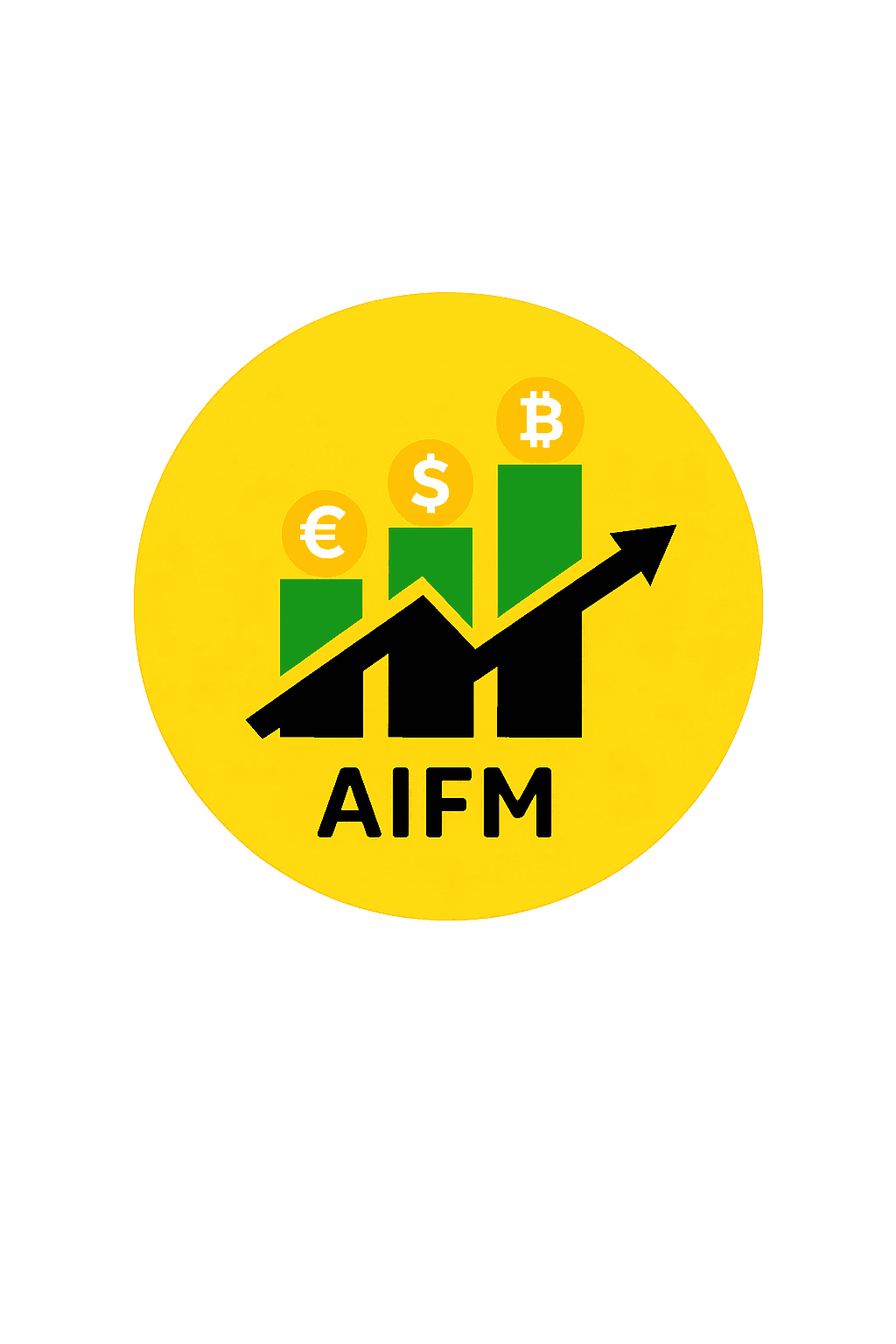A Luxembourg Soparfi is technically commercial in its corporate form rather than corporate based on its objectives. It is typically used as an investment vehicle whose primary activity involves taking participations in Luxembourg and other foreign-owned companies.
Given strategic corporate structuring, a Luxembourg Soparfi allows companies to take advantage of the EU Parent-Subsidiary Directive, regarding tax exemption benefits on dividends and capital gains, provided certain conditions are met.
Taxation Principles for a Luxembourg Soparfi
- Incorporation of a Luxembourg Soparfi, with all its amendment to its articles of incorporation, is subject to a registration tax of EUR 75.
- A Luxembourg Soparfi is subject to corporate income tax, municipal business tax, as well as contribute to the unemployment fund, resulting in an aggregate income tax rate of 24.94%.
- A Luxembourg Soparfi is also assessed with net wealth tax at a rate of 0.5% on the net asset value of the company.
- Net wealth tax exceeding EUR 500 million is assessed with net wealth tax at a rate of 0.05%.
- Take note that participations qualifying for the participation exemption are also exempt from net wealth tax.
- Liabilities financing participations exempt from net wealth tax are not deductible from the net wealth tax basis.
- A minimum net wealth tax of EUR 4,815 will be charged every year to a Luxembourg Soparfi when its balance sheet is comprised of 90% fixed assets, the total assets in its balance sheet amounts to EUR 350,000; otherwise the minimum net wealth tax will depend on the balance sheet total and will vary between EUR 535 and EUR 32,100.
Participation Exemption of a Luxembourg Soparfi
- A foreign income tax is comparable if charged at a rate of at least 8.5% on a tax basis similar to Luxembourg.
- Dividends distributed by a Soparfi will be assessed with 15% withholding tax.
- Withholding tax may be reduced under the provision of an applicable tax treaty or exempted under domestic withholding tax may be reduced under the provisions of an applicable tax treaty or exempted under domestic withholding tax exemption.
- Withholding tax may be avoided with proper structuring.
- A non-resident shareholder of a Luxembourg Soparfi is not subject to capital gains taxation upon the sale of its shares.
- The resident parent company will be fully taxable.
- By principle, a Soparfi is subject to all taxes, but the dividends and income from the sale of investments are exempt from tax given adherence to certain conditions.
- Conditions for tax exemptions are delineated under the Luxembourg Tax Code (art 166 LIR)
Concerning net wealth tax, it is allowed to deduct the income of legal persons and municipal tax on profit. The following are exempted in the country of origin of a parent company:
- Dividends received from the subsidiary
- Residual assets received as a result of subsidiary liquidation
- Capital gains realized on the sale of the subsidiary
A Luxembourg Soparfi may also deduct the amount invested in a subsidiary from its total taxable assets.
- In terms of withholding taxes on dividends paid to shareholders, a Soparfi may be exempt from these obligations, without any withholding tax assessment on outstanding assets from liquidation granted to shareholders.
Tax Exemption Conditions on the Receipt of Dividends or Capital Gains
- A Soparfi must be a fully taxable resident company of Luxembourg.
- The Soparfi tax regime is applicable to foreign-owned companies with permanent office in Luxembourg.
Conditions for an Affiliate or Subsidiary
- Participation must be substantial; at least 10% of total share capital of an affiliate company or the total price of acquisition of the investment should be at least EUR 1.2 million or EUR 6 million for exemption of capital gains.
- If a participation has similar securities but are acquired at different prices, the price of acquisition may be computed based on the weighted average cost method.
- The participation must be held for at least twelve months.
- The affiliate must be a fully taxable resident company in Luxembourg, or must be a company with non-Luxembourg share capital which is fully taxable, corresponding to the corporate income tax, or must be a resident member state of the European Union.
- The participation must be genuinely owned, which means it must be a purchase commitment would not be sufficient. This is applicable even if the previous owner has deposited the securities with a third party.
The Consequences of a Luxembourg Soparfi Holding Taxes
Tax Exemption from Dividends
- Income held by participations or dividends receive are fully tax exempt.
- A taxpayer who earned a profit in the course of the year will benefit from reduced taxable revenue. On the other hand, if the financial year ends in a loss, the exemption increases the tax loss for that year.
- The distribution of dividends does not profit a company which has signed a tax treaty with Luxembourg.
Non-Taxable Capital Gains
- Capital gains earned by a Soparfi are non-taxable as per Regulation of 21 December 2001.
- Exemption covers all operations, including transfer of property, most notably of the sale, receipt, and exchange of securities.
- If a participation is obtained through an exchange of securities, only the amount of capital gains over the value of exchange will be exempt.
Exemption on Deducting Expenses
- Operational costs directly linked to exempted participations are deductible.
- Capital gains or the dividends are taxable up to that amount.
Taxation on Commercial Activities
- All commercial activities of a Soparfi are subject to common law tax.
- Certain types of income, such as income from software, brands, and patents can benefit from tax breaks.
The Luxembourg Soparfi investment vehicle offers a clear framework for international tax planning, as it is permitted under various international tax treaties and European directives. This unique characteristic makes it the preferred type of holding structure over a private wealth management fund, due to its leniency in terms of its application.
Damalion offers comprehensive consulting for foreign investors and institutional investors looking to open an investment fund in a premier financial hub like Luxembourg. Leveraging our global service network consisting of seasoned service providers, we make the registration and incorporationof a Luxembourg Soparfi a smooth and hassle-free process. Our Damalion experts also offers assistance in various activities, including opening a bank account, accounting, bookkeeping, management, and taxation advice. To learn more, reach out to a Damalion expert today.
This information is not intended to be a substitute for specific individualized tax or legal advice. We suggest that you discuss your specific situation with a qualified tax or legal advisor.
Why does dividend taxation matter for a Luxembourg SOPARFI?
Before approving distributions, align eligibility for participation exemption, treaty outcomes, and substance requirements so the policy is robust for boards, auditors, and counterparties.
- Participation exemption can neutralize tax on qualifying inbound dividends at SOPARFI level.
- Outbound dividend withholding tax may be mitigated by domestic rules, EU directives, or treaties.
- Substance, beneficial ownership, and anti-abuse tests drive real-world outcomes.
For the vehicle’s core features, review SOPARFI Luxembourg and structural basics in Luxembourg holding company benefits.
What are the key concepts that drive dividend taxation?
Keep these concepts in view to map the dividend policy and documentation trail.
- Participation exemption. Potential relief for qualifying inbound dividends when shareholding, holding period, and investor nature tests are satisfied.
- Withholding tax on outbound dividends. Domestic rate may apply unless reduced or eliminated by directive or treaty and provided anti-abuse rules are met.
- Beneficial ownership and substance. The SOPARFI should demonstrate control, decision-making, and commercial rationale consistent with group flows.
- Anti-hybrid and anti-abuse measures. Outcomes can change if instruments or arrangements trigger re-characterisation or principal-purpose concerns.
- Documentation and governance. Board minutes, dividend vouchers, legal tests, and distributions calendar underpin sustainability.
If your SOPARFI uses an S.à r.l., see the incorporation path here: Luxembourg S.à r.l. for a SOPARFI.
How do you determine the dividend tax position and proceed safely?
Use this sequence to test eligibility and document the decision before paying dividends.
- Map the shareholding. Confirm percentage, acquisition price, holding period, and the payer’s legal form.
- Check participation exemption conditions. Assess statutory tests and whether any exclusions apply in your fact pattern.
- Review withholding outcomes. Evaluate domestic rate, EU directive applicability, treaty article, and any limitations on benefits.
- Test substance and beneficial ownership. Record control, decision-making, employees or mandates, and place of effective management.
- Draft the board file. Prepare legal tests, distributable reserves check, and proposed payment calendar with supporting exhibits.
- Execute and archive. Approve minutes, issue dividend vouchers, update registers, and store evidence for audit and counterparties.
For adjacent structuring choices, see 2025 SOPARFI tax considerations and holding company benefits.
Dividend outcomes at a glance
This quick view helps teams align tax, legal, and treasury before execution.
| Topic | SOPARFI perspective |
|---|---|
| Inbound dividends | Potential participation exemption when statutory tests are met |
| Outbound dividends | Domestic WHT may apply unless reduced or eliminated by directive or treaty with anti-abuse satisfied |
| Substance | Board control, decision evidence, and consistent records strengthen position |
| Documentation | Minutes, distributable reserves check, dividend vouchers, registers |
| Risk focus | Anti-abuse, hybrid features, beneficial ownership, limitation on benefits |
Frequently asked questions about SOPARFI dividend taxation
These concise answers help boards and finance teams make informed decisions.
What is the participation exemption in simple terms?
Do all inbound dividends qualify automatically?
Is there withholding tax on outbound dividends?
How do EU rules interact with outbound dividends?
How important is beneficial ownership for relief?
Can hybrid instruments affect dividend treatment?
What documentation should accompany each dividend?
Does the payer jurisdiction matter for participation exemption?
How long should the shares be held to claim relief?
Does substance outside Luxembourg help?
Can management fees or interest offset dividend income?
How do treaties limit withholding tax?
What if conditions are partially met?
How often should we revisit the dividend policy?
Where can I learn the broader SOPARFI rules?
Related planning resources: SOPARFI essentials, 2025 SOPARFI tax considerations, and holding company benefits for investors and family businesses.





























